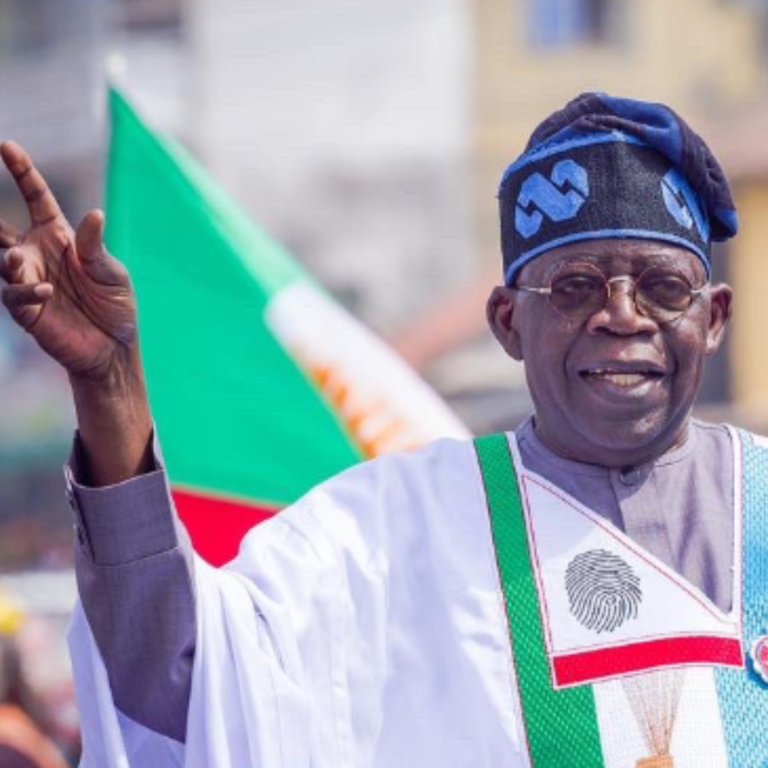If you want to understand ethnic and multicultural diversity, especially on the African continent, come to Nigeria. We have over 250 ethnic groups, and while you may consider this a strength, it doesn’t always give. Often, we see people refer to the country’s diversity under three major ethnicities: the Igbo, Yoruba, and Hausa. Which is reasonable to some point; they make up over 60% of Nigeria’s widely-agreed population.
However, in this article, we’ll look beyond those three major ones and plug you in on some very unique minor ethnic groups in the country that you have to know.
Igede
Estimated to be around 260,000 in number, the Igede people are an ethnic group native to Benue State, in North-Central Nigeria. They’re the third largest ethnicity in Benue after the Tiv and Idoma; however, they are dispersed around the country, with some of their communities found in South-West Nigeria.
The Igede trace their origins to Sabon-Gida Ora, present-day Edo State, and are said to have descended from its high chief, Agba. This ethnicity has a diverse and rich culture, expressed through their masquerades, music, and cultural attire, which has three distinct colours, black, blue, and white.

The predominant occupation of these people is farming, cultivating cassava, maize, yam, and groundnut, and every September, the people celebrate their New Yam festival called “Igede Agba”.
Mandara
The Mandara ethnicity is also called Wandala, and they can be found in Adamawa and Borno states in North-East Nigeria. Their primary source of livelihood is farming; they produce millet, beans, peas, and tobacco. Another income source is animal production, including bees, goats, horses, and cattle.
The Mandara practise a patriarchal and patrilocal system where all inheritances are passed down from fathers to eldest sons, and newlywed couples live with the groom’s family.
Jibu
This ethnicity can be found in Adamawa and Taraba in North-East Nigeria and some parts of the middle belt. With a population of 30,000 people, the major economic activity is farming, and the main crops grown are corn, bananas, peas, and guinea corn.
The people of this tribe have lived in the mountains for centuries, which helped them escape the activities of colonial masters. Therefore, as expected, the majority of them still believe in and practice their own religion called “Buki”, which means “thing of death”.
In the Jibu culture, people are to be buried immediately when they die. The burial process involves the men digging the grave. Once the corpse is buried, a gourd vessel is broken as a symbolic warning to others. This is to warn people that they might meet a similar fate if the deceased’s family isn’t respected and assisted. Also, an earthen pot is placed upside down on the grave to symbolise that the dead will be reincarnated in the first baby born in the village.

After the burial, the men wash their bodies in large water pots to “keep death from following them home”.
Dandiya
The Dadiya people can be found in the mountains of Gombe state and other neighbouring areas in North-East Nigeria, like Adamawa and Taraba states.
Their language is called Dadiya or Lodiya, and due to the Christian missionaries that visited their villages in 1930, about 40% of the people practise Christianity. The major occupation of the people is farming, and the main crops produced are maize, beans, rice, and groundnuts.
Kambari
The Kambari are a group of people found predominantly in a remote community in Birnin Amina, Rijau Local Government Area, Niger State, in North-Central, Nigeria. They can also be found in some areas of Kebbi State.
The Kambari people are mainly farmers who grow millet, groundnuts, and yams, but what makes them unique is their rejection of modernisation. They are neither Christians nor Muslims but instead, worship a god called “Magiro” and strongly believe in witchcraft. Also, they don’t speak English or Hausa, but their native dialect, Kambari. They live in houses made of mud and straw roofs; their only means of transport are donkeys, and the women, like the men, only cover the lower halves of their bodies with wrappers.

What’s more interesting is that when the Federal Government tried to introduce them to modernity, they refused, expressing their contentment and happiness with their lifestyle.
Ebira
Members of this ethnicity can be found mostly in Kogi State in North-Central Nigeria, although their oral tradition says that their ancestry can be traced back to Wukari, present day Taraba state.
Although the major religions practised now are Christianity and Islam, there used to be traditionalists who worshipped “Ohomorihi, the Supreme Being”. The Ebira people are mainly farmers who cultivate maize, yams, and cassava and trade beni seeds called “gorigo,” but they are also well known for their weaving.
The Ebiras have three major annual festivals: “Echane”, “Eche Ori” and “Ekuechi”. The “Echane” is a masquerade festival during which girls are given away in marriage to their suitors.

The “Eche Ori” is a New Yam festival celebrated in only two districts of the Ebiraland, Ihima and Eganyi, and lastly, the “Ekuechi” festival is a night masquerade festival used to mark the end of the Ebira calendar year and the beginning of a new one.
Tangale
This ethnic group can be found mainly in Gombe State in North-East Nigeria; they are said to be migrants from Yemen and have moved from settlement to settlement due to constant inter-tribal conflict.
The primary language of this tribe is Tangale, but most of the population understands and speaks Hausa. Also, many presently practise Christianity, and some are Muslims and traditionalists. The delicacy unique to this tribe is a soup called “Arbayo”, made with a traditional seasoning called daddawa.
The Tangale people have two important festivals: the Eku and Tangra festivals. The Eku festival is used to celebrate the harvest season, while the Tangra festival is used to welcome the planting season.

The primary economic activity of these people is farming, and they produce maize, guinea corn, groundnuts, and beans in commercial quantities.
Ethnicity appreciation is important for fostering inclusivity and cultural diversity. It also promotes equality and breaks down stereotypes and marginalisation. It’s important that we celebrate the multiple ethnicities that make up Nigeria and appreciate our rich cultural heritage.





